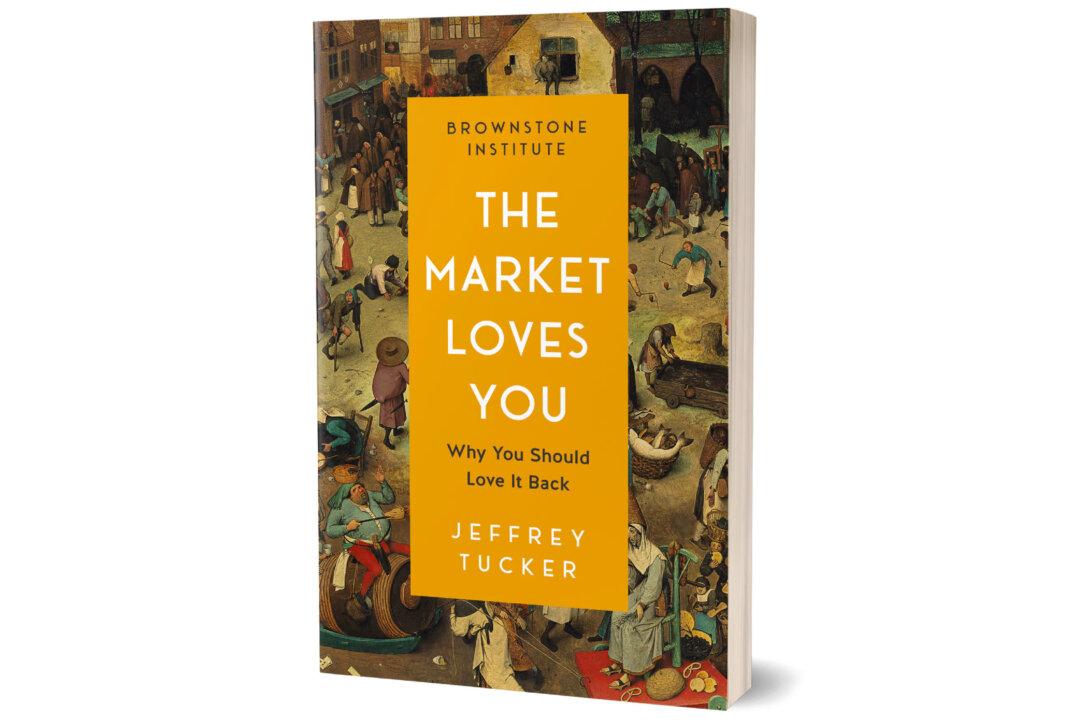Commentary
In 2019, I published what many people then told me was my best book: “The Market Loves You.” It was a reflection on C.S. Lewis’s “four loves” in light of commercial society. One of these loves involves friendship, association, and appreciation for another and the sense of trust that comes from a routine experience of such relationships.





